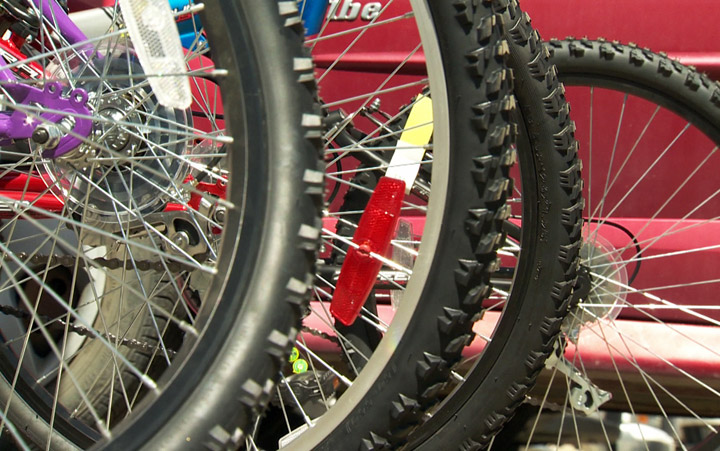SASKATOON – The City of Saskatoon is debating whether to install a couple of ‘protected bike lanes’ on downtown streets this summer.

At a council meeting in January, Saskatoon Cycles representatives presented a petition for the installation of separate bike lanes, specifically on 4th Avenue and 24th Street.
The demonstration project is intended to assess the feasibility of installing permanent protected bike lanes to promote a bike friendly city.
On Monday, the administration and finance committee will discuss whether a report will be submitted to council for approval.

Get breaking National news
The report says motorists have indicated that they do not always feel comfortable sharing the road with cyclists downtown.
The pilot project would mean less room for vehicles but a higher level of comfort for bikers.
Proposed lanes provide a dedicated marked lane, 1.5m wide, which is “protected” from moving traffic. Unidirectional bike lanes would be next to the sidewalk, with vehicle parking between cyclists and traffic.
These new lanes require more street space than conventional ones.
In the preferred option, 4th Avenue would lose 47 stalls and 54 parking spaces on 24th.
Revenue lost by removing these metered parking spaces is estimated at up to 200,000 per year.
The recently adopted City Centre Plan includes recommendations to increase off-street parking and develop a new downtown parking structure.
If approved by council, protected bike lanes could be installed as early as this summer.
The demonstration project is recommended for 18 months to evaluate the operation during all seasons.
The pilot project is estimated at $225,000 to implement.


Comments